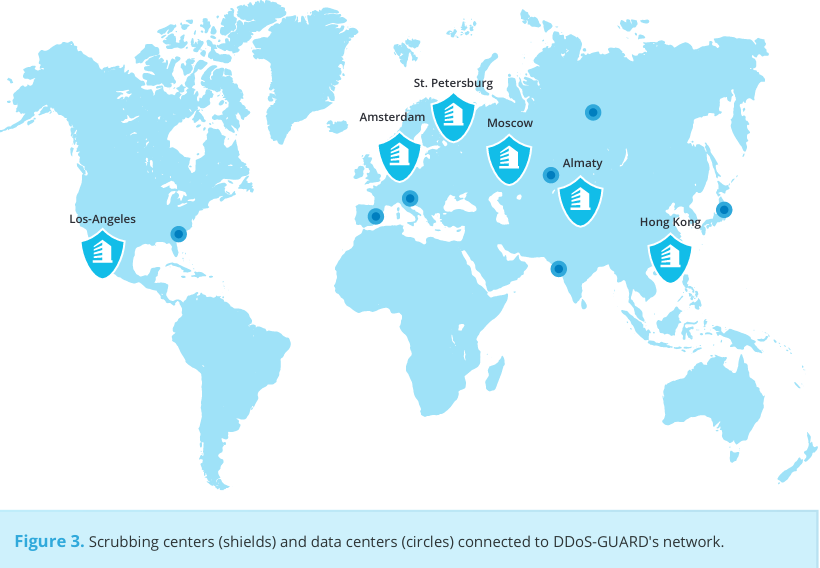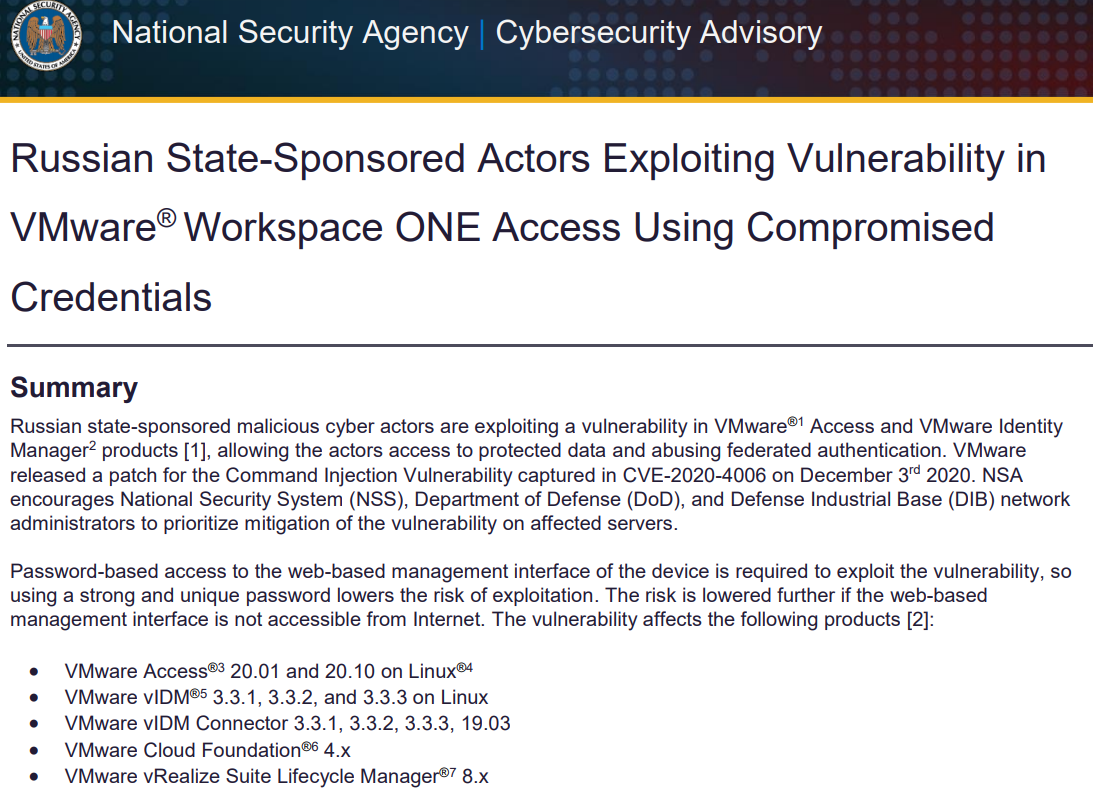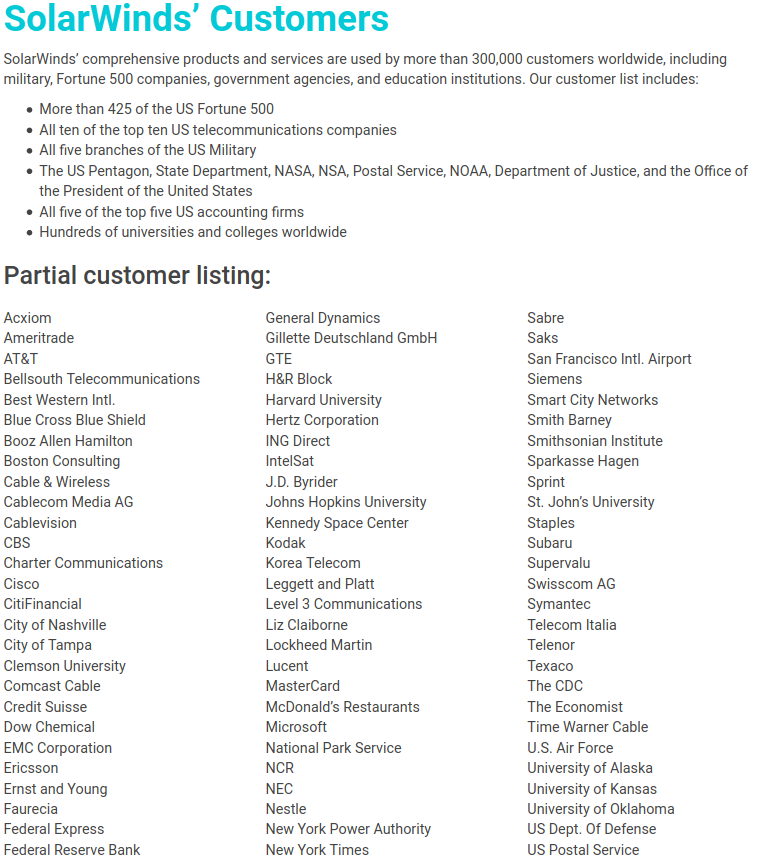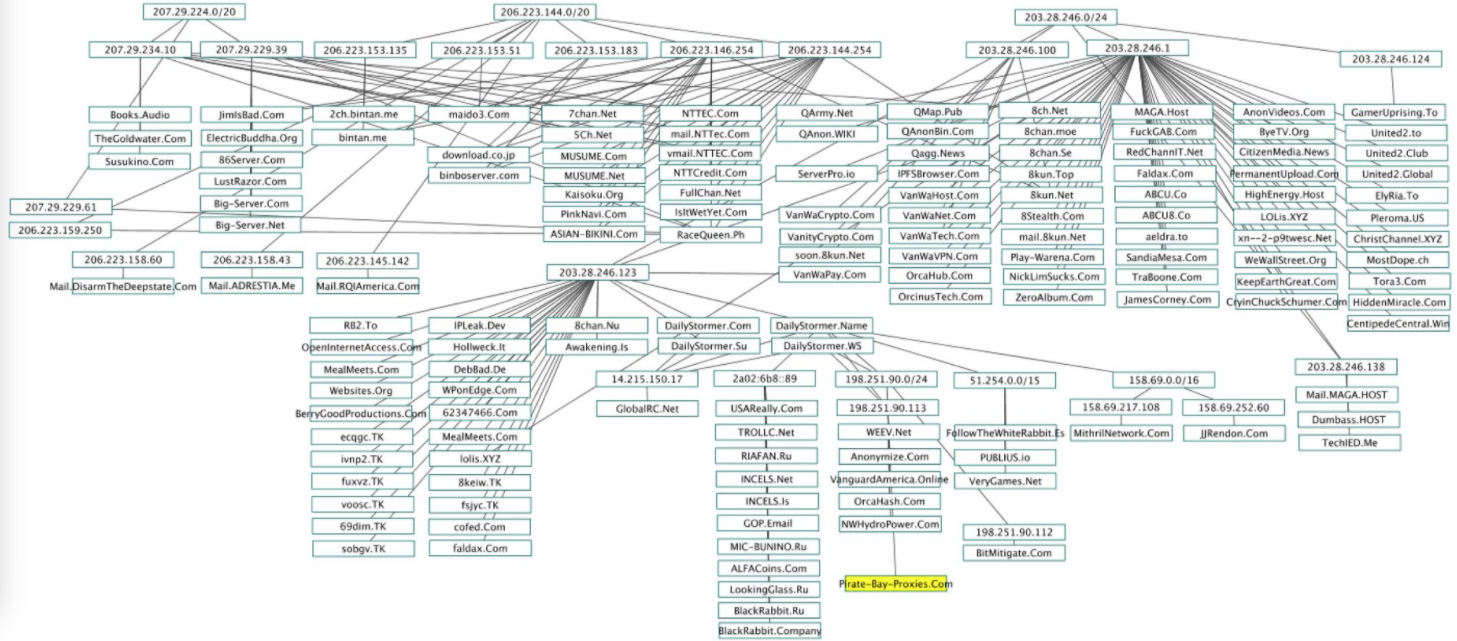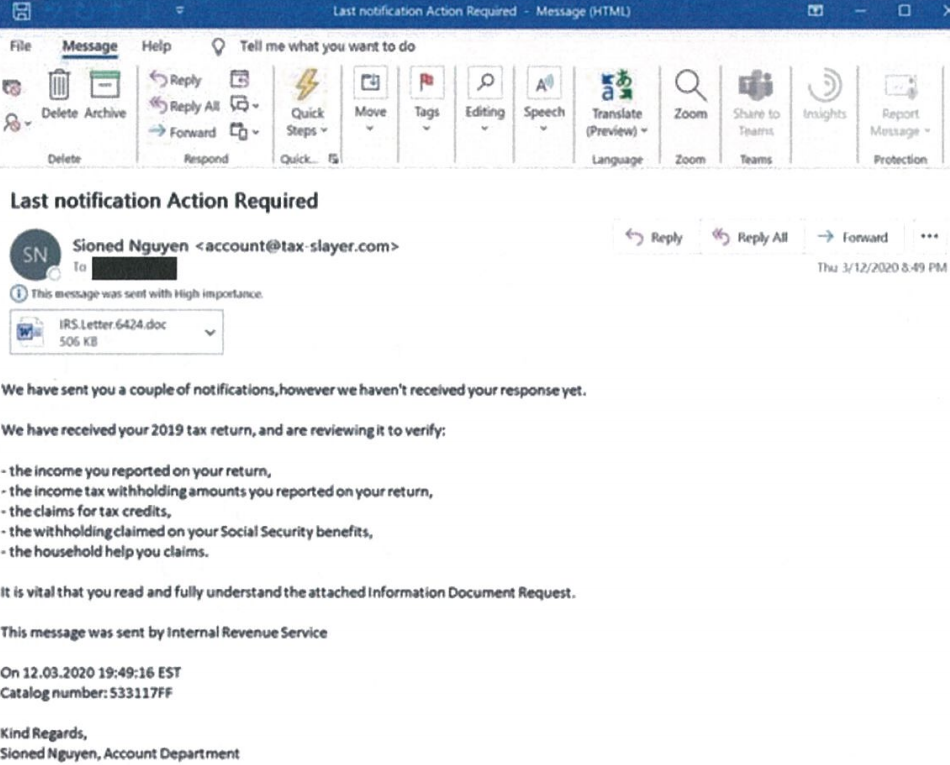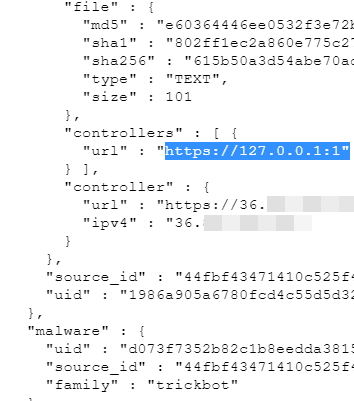Hamas May Be Threat to 8chan, QAnon Online
In October 2020, KrebsOnSecurity looked at how a web of sites connected to conspiracy theory movements QAnon and 8chan were being kept online by DDoS-Guard, a dodgy Russian firm that also hosts the official site for the terrorist group Hamas. New research shows DDoS-Guard relies on data centers provided by a U.S.-based publicly traded company, which experts say could be exposed to civil and criminal liabilities as a result of DDoS-Guard’s business with Hamas.



